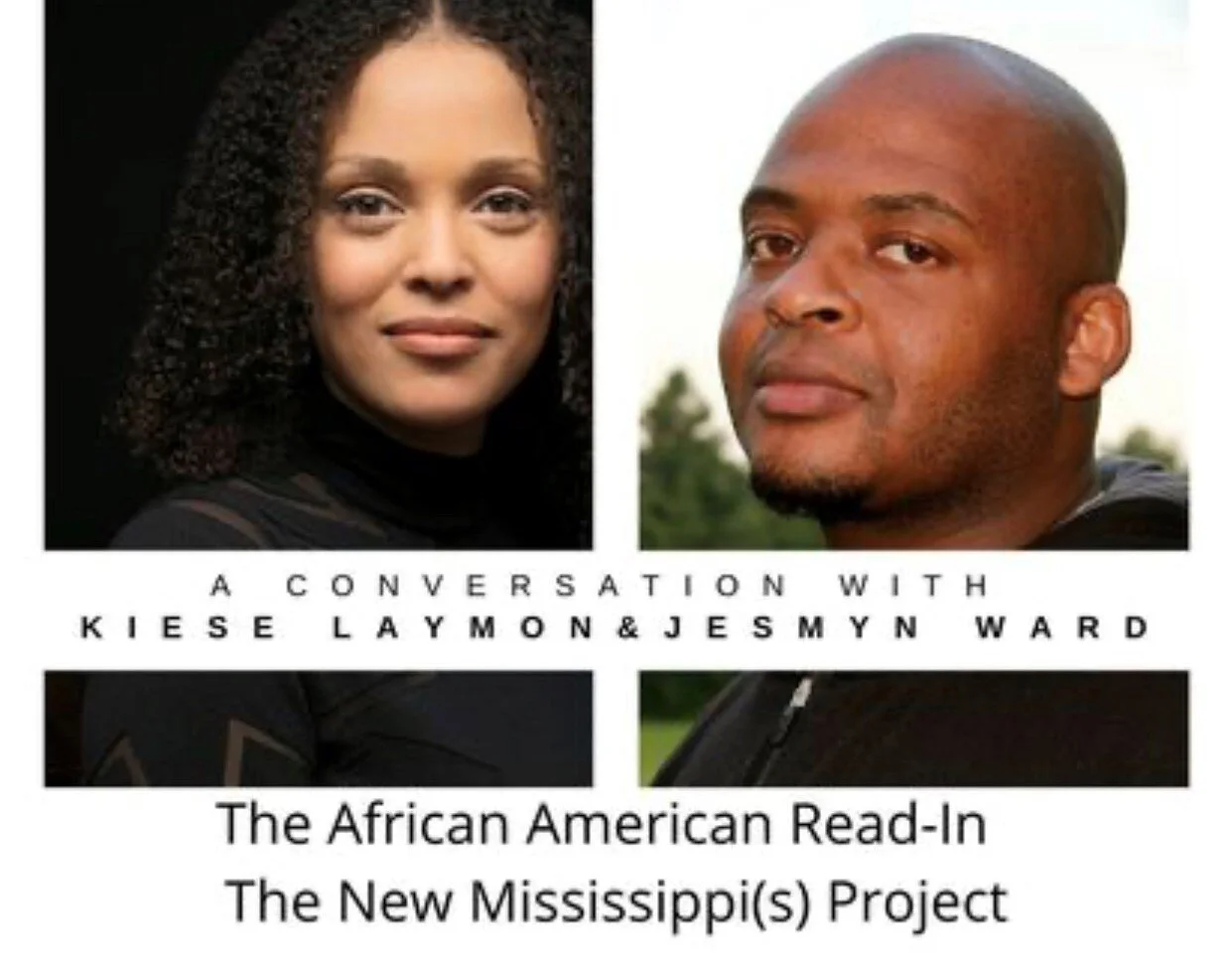Authors Kiese Laymon and Jesmyn Ward speak at African American Read-In
By Christian Osborne | Staff writer
Augusta University, in conjunction with The New Mississippi(s) Project, hosted the African American Read-In on Feb. 17 with authors Kiese Laymon and Jesmyn Ward as guest speakers.
Laymon is an American writer and a professor at the University of Mississippi. His memoir, “Heavy” was dubbed the best memoir written in the last 50 years by the New York Times. He has also won the 2019 Andrew Carnegie medal for excellent nonfiction and the 2018 Christopher Isherwood Prize for Autobiographical Prose.
Ward is an American novelist and professor at Tulane University. She has won various awards for her works. Ward was honored with the 2011 National Book Award for her novel “Salvage the Bones” and the 2017 National Book Award for her novel “Sing, Unburied, Sing.”
The segue between their conversation stemmed from the term “Mississippi(s),” where both authors described their differing experiences living in Mississippi and the power of Black storytelling.
Jasmyn Ward (top) and Kiese Laymon (bottom) talk of life in Mississippi and the magic in Black storytelling during The African American Read-In.
Laymon explained that his upbringing was different from Wards despite them living in the same state.
“Do y’all still say Mississippi(s)?” Laymon jokingly asked Ward.
The term “Mississippi’(s)” influenced much of their writing and overall interpretation of their Blackness.
Ward shared that she lived in the suburbs because her mother worked as a housekeeper for esteemed families.
“My mother’s work ethic is why I was able to attend the private schools I attended,” she shared.
During the talk, Ward recalled a teenage memory of riding in a car blasting Outkast and the magical feelings associated with that memory and its influence in her style of writing.
“That magic is what I want people to feel in when they read my work,” she said.
Laymon shared the power of sharing the magic in the influence of Black culture. He recalled a memory when his grandmother used to clean for a white family. He observed that despite the value of what his grandmother offered this white family, “her existence as a Black person was still unwanted,” said Laymon.
“Black people provided the best of us, yet white people didn’t want to be around us,” he said.
Ward and Laymon also discussed honoring the dead’s legacies in their work.
“You carry the impact of what happened in that time as you write it–it’s an honor,” Ward said.
Laymon added that when writing about Black death, it is important to honor their legacies in way they weren’t honored on Earth.
Both Ward and Laymon encourage writers, especially Black writers, to write from a place of experience and pride.
Contact Christian Osborne at NEOSBORNE@augusta.edu.




